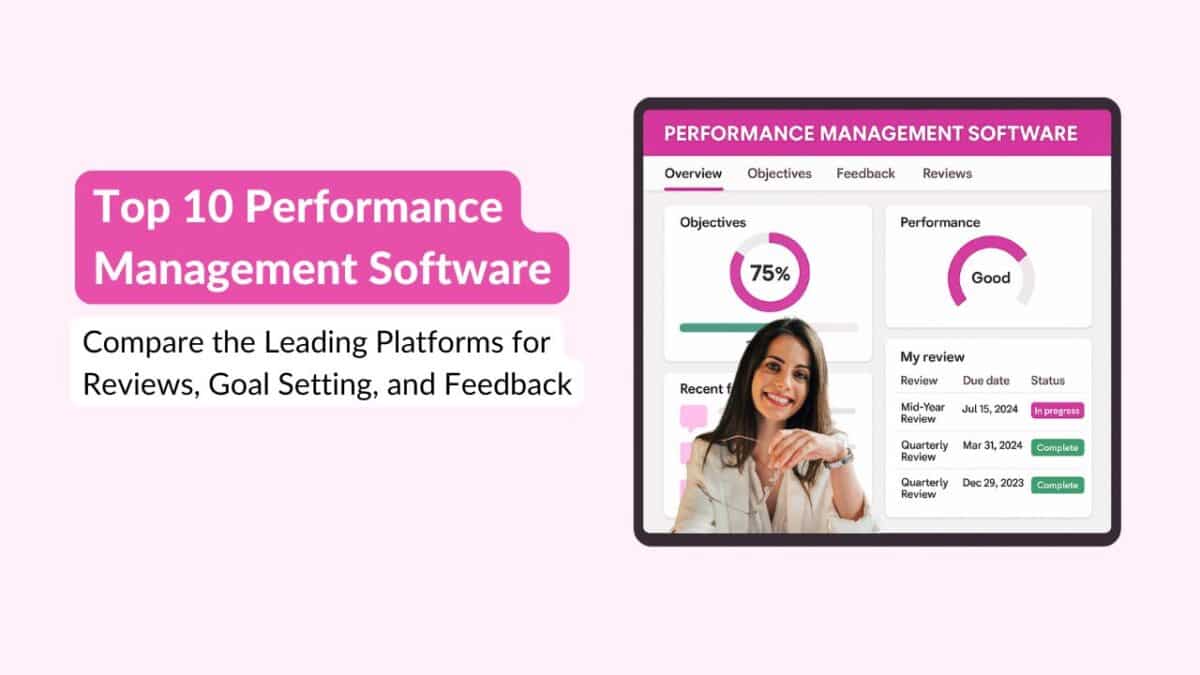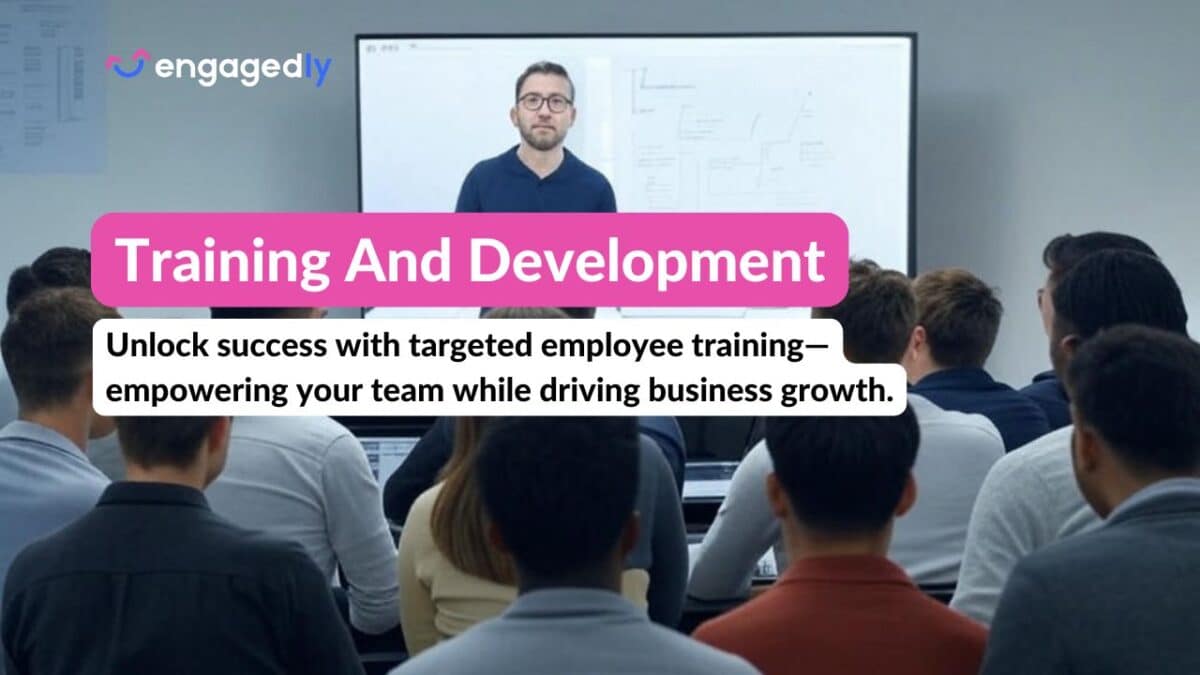Organizations constantly strive to standardize their administrative processes and tools to evaluate employee productivity and improve their overall efficiency.
But are their organizations doing performance review right? Here are a few ways to find out!
Before evaluating your performance review practices, let’s find out what performance management actually is.
What Is Performance Management?
Performance management is the process of establishing a motivating work culture in an organization, where employees and managers constantly review themselves and work towards a common organizational goal.
What happens in an organization that doesn’t have a performance management system? It fails to motivate its employees and leaves them directionless and disengaged. A system helps an organization build a skilled and efficient workforce which increases its overall productivity.
Why is it Important?
Let us talk about how a properly managed performance management system can help an organization. An effective system aims to improve team performance, individual performance, and overall organizational performance. It also increases the productivity of your organization by improving employee morale and creating loyalty.
But it is important to have the right tools to implement the system in the organization without which the entire process turns into a burden.
Performance Management Best Practices
“Good performance accountability is about having a positive conversation between manager and employee. A manager is a coach and communicator, not command and controller.” – Dave Ulrich, Co-Founder, and Principal, The RBL Group
It is crucial for organizations to have an effective performance management system. But no matter how good the system is, its success depends on the managers who implement it. Here are some of the performance management best practices to follow.
1. Plan
The planning stage comes first. Here, you define individual goals & strategies clearly and communicate them organization-wide so that your employees understand that meeting their individual goals contributes to the organizational goals.
Coordinate with your employees before setting up their individual goals and make sure that the goals are SMART (Specific, Measurable, Achievable, Relevant, and Time-bound).
2. Monitor
After you define the goals and strategies for your employees, you should constantly keep track of their improvements and take care of their developmental needs. Monitoring continually means providing ongoing feedback and consistently measuring employee performance.
It helps you check if the employees are meeting their goals as planned.
3. Rate
Rating means evaluating employees based on their performance standards. Though this step is a part of monitoring and giving feedback, it is considered as a more formal way to evaluate employee performance. It also helps managers know who their best employees are.
Rating employees at regular intervals helps them improve themselves. It also helps managers look at and compare performance over time or across a set of employees.
4. Reward
Effective managers understand the importance of rewarding employees who perform well. Employees feel empowered and motivated when their work is recognized.
This leads to increased productivity in the organization. So reward the employees who meet your expectations or exceed your expectations.
5. Upgrade
Keep upgrading the goals & strategies at regular intervals. If your employees feel that their existing goals seem unattainable or that they have a negative impact on the organizational work culture, then it is time to coordinate with your employees and change them.
Get In Touch With Us
Request A Demo
Author
Srikant Chellappa
CEO & Co-Founder of Engagedly
Srikant Chellappa is the Co-Founder and CEO at Engagedly and is a passionate entrepreneur and people leader. He is an author, producer/director of 6 feature films, a music album with his band Manchester Underground, and is the host of The People Strategy Leaders Podcast.





